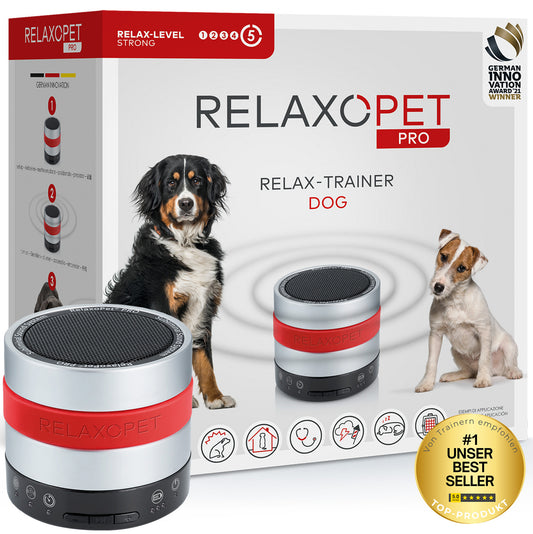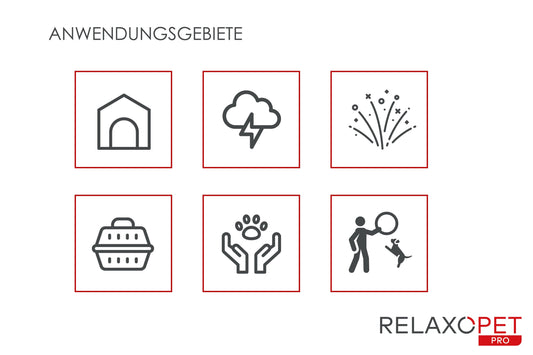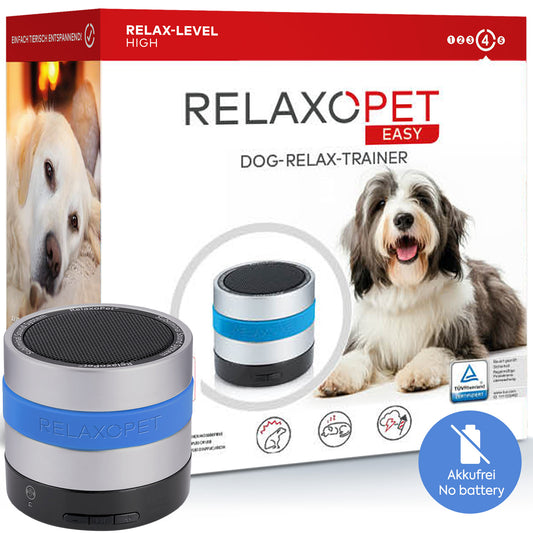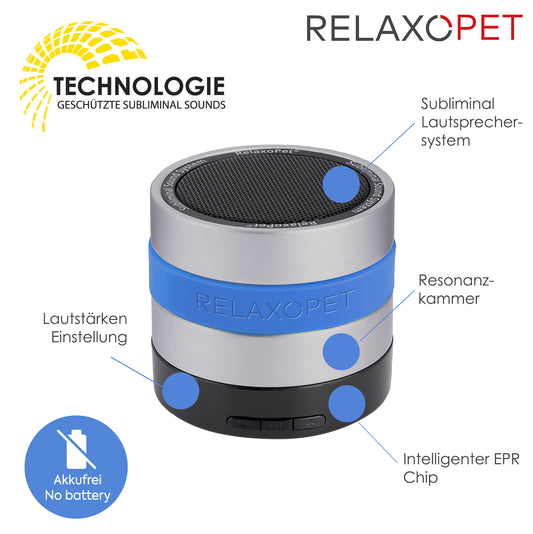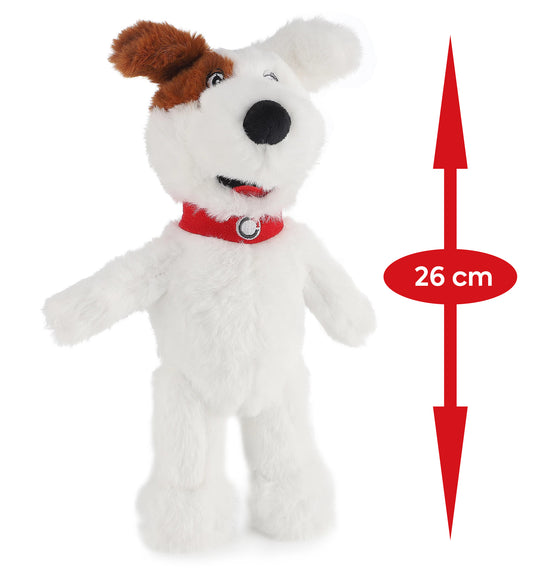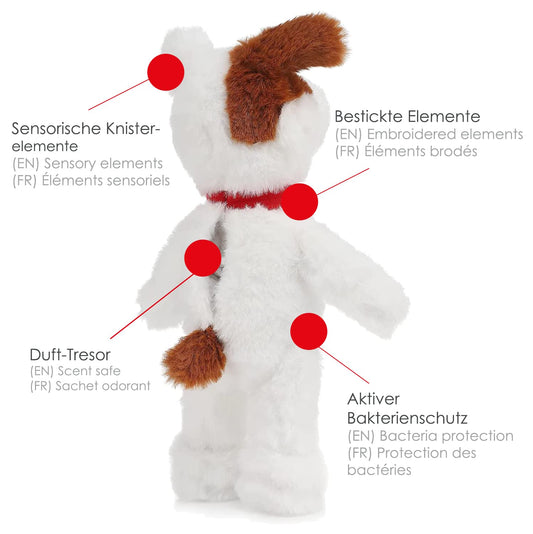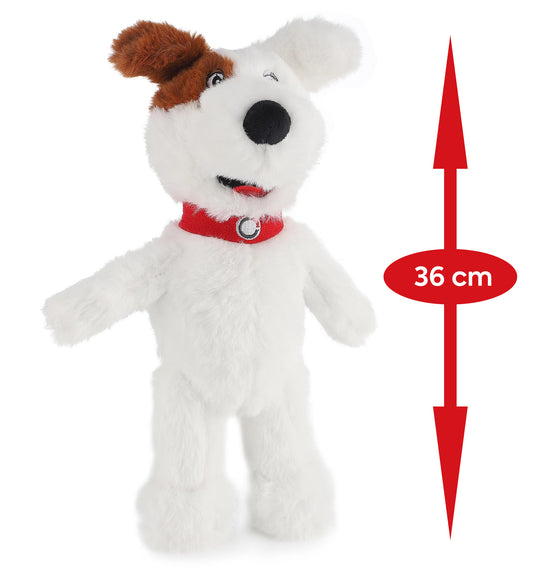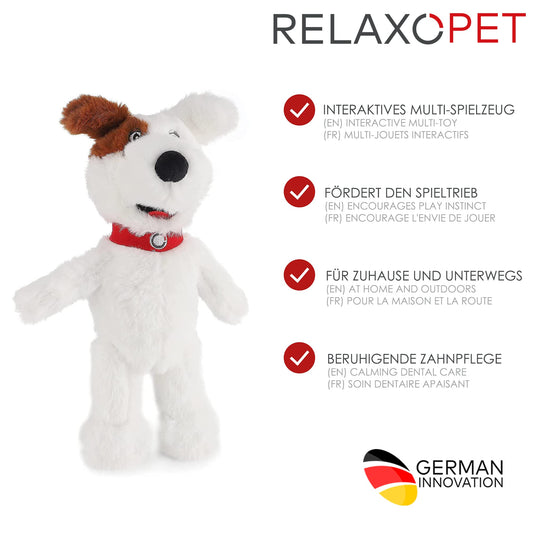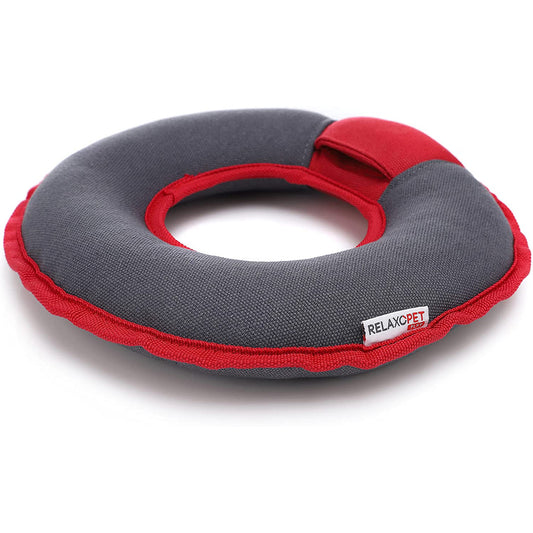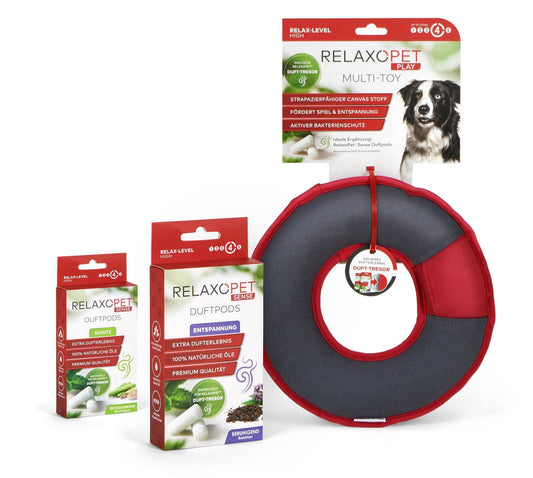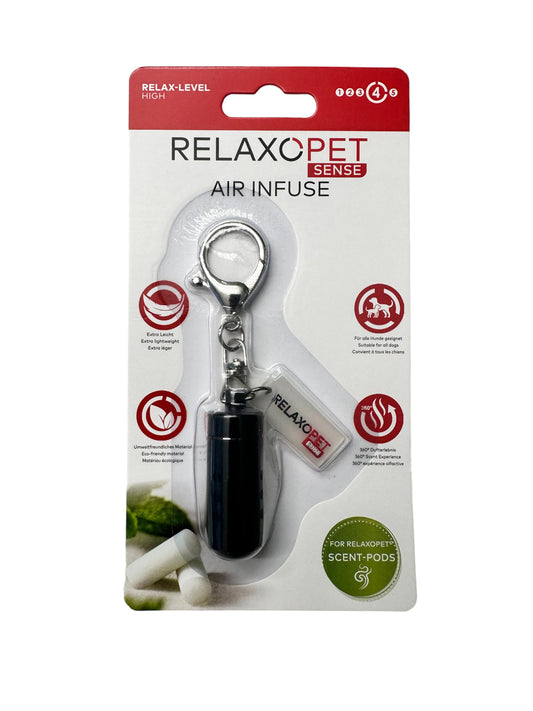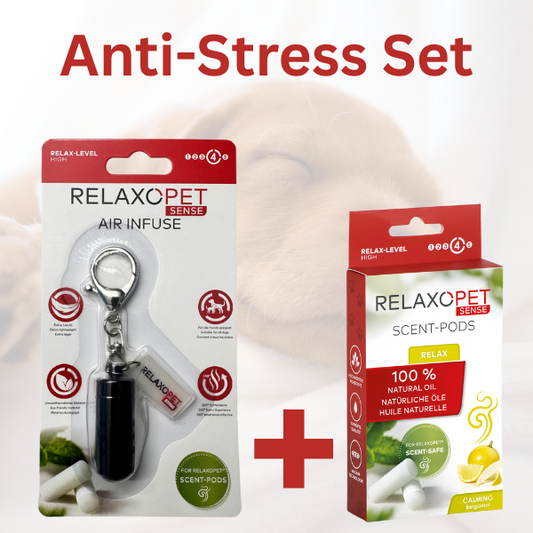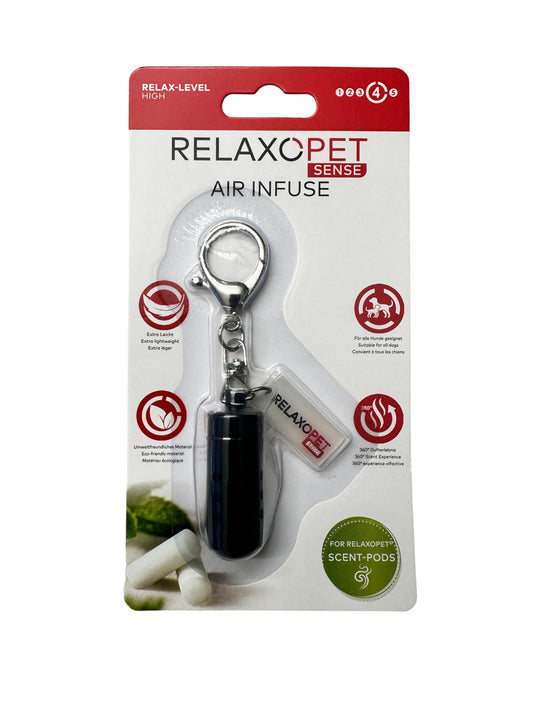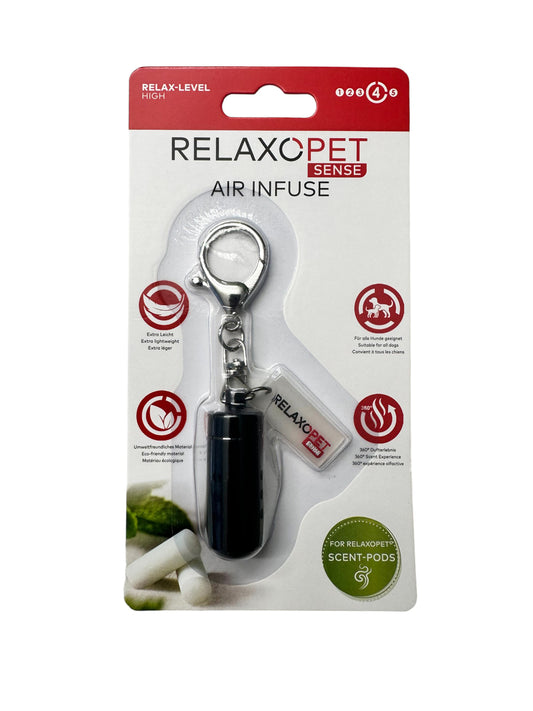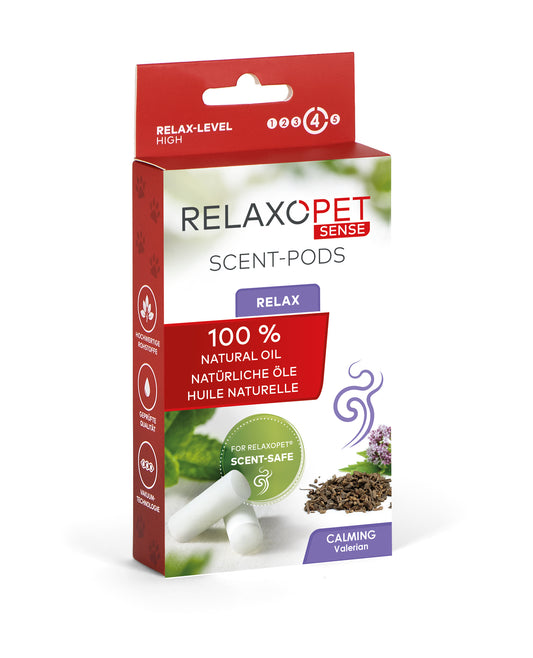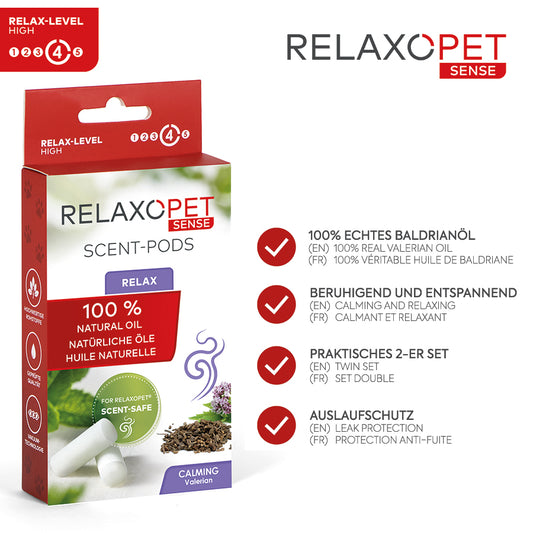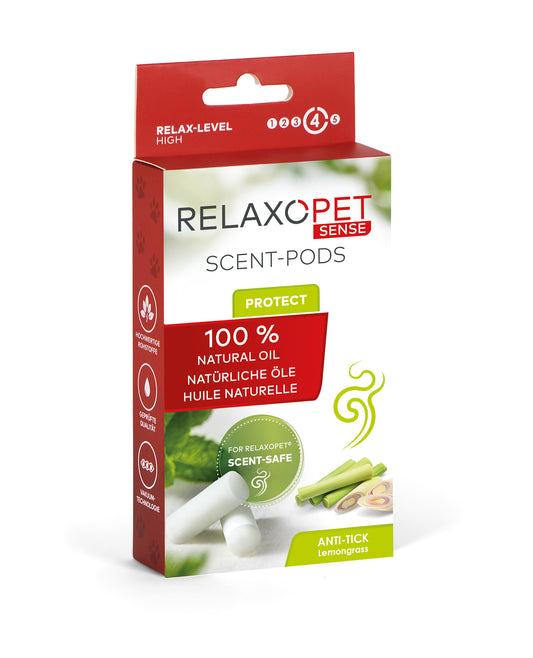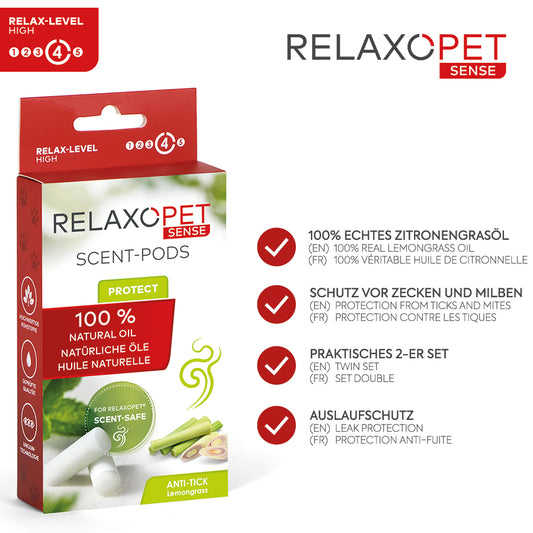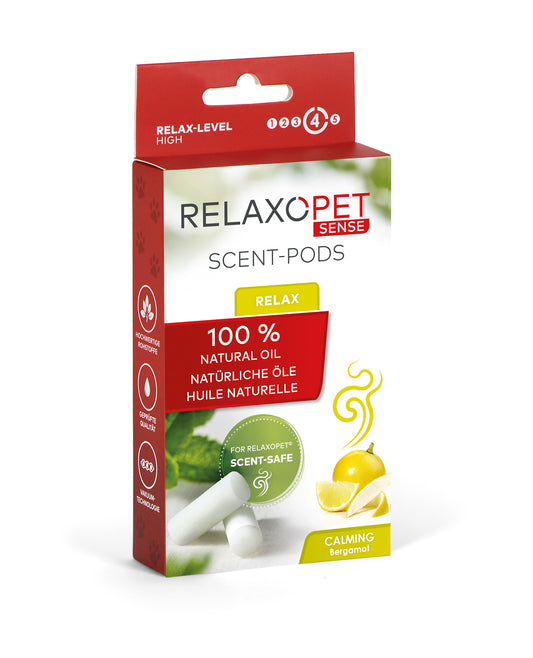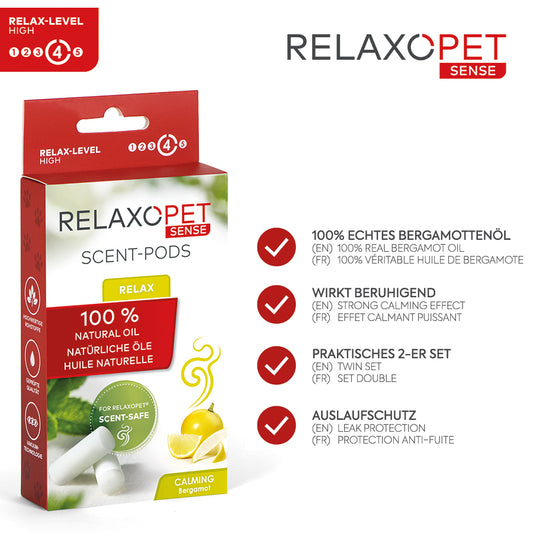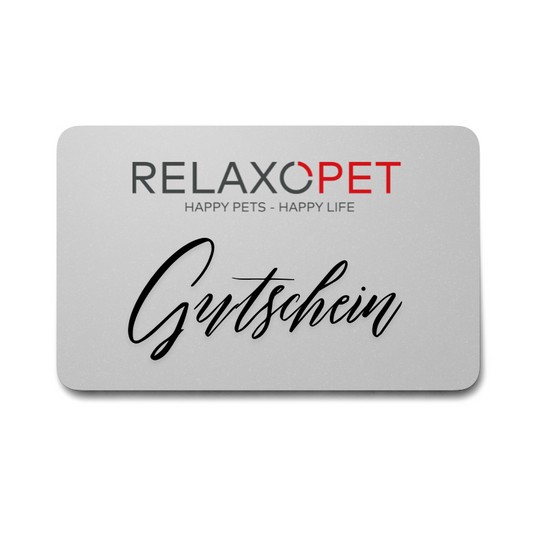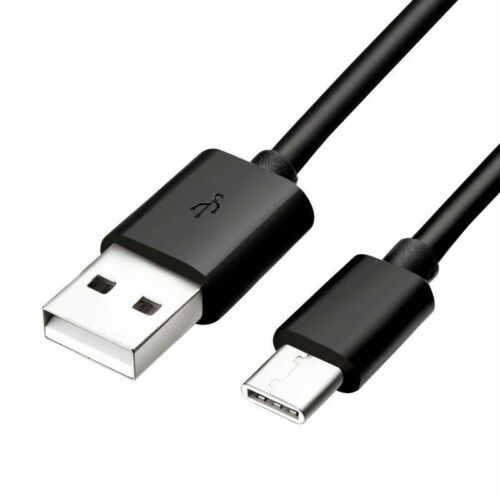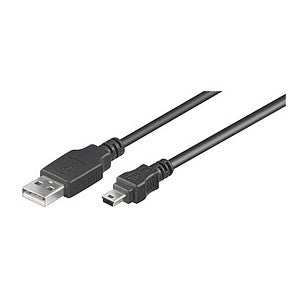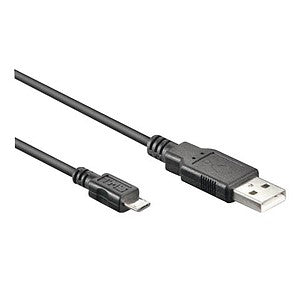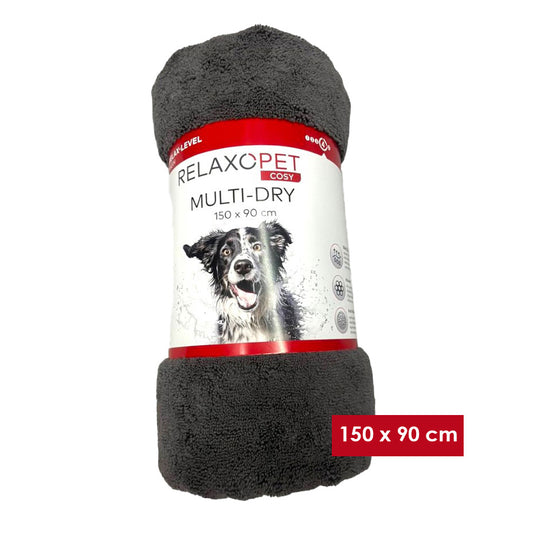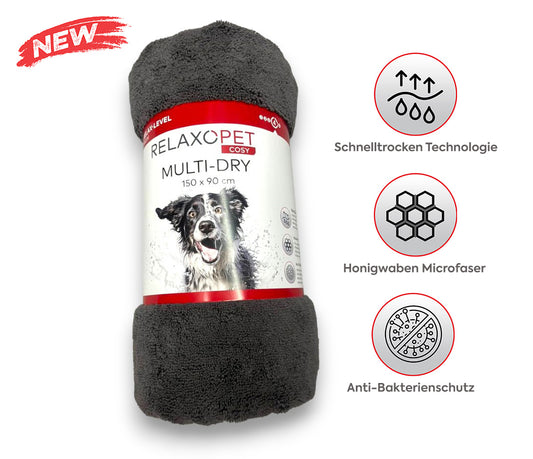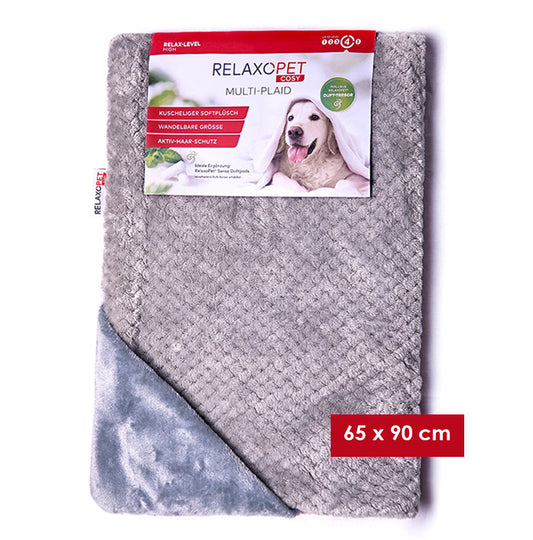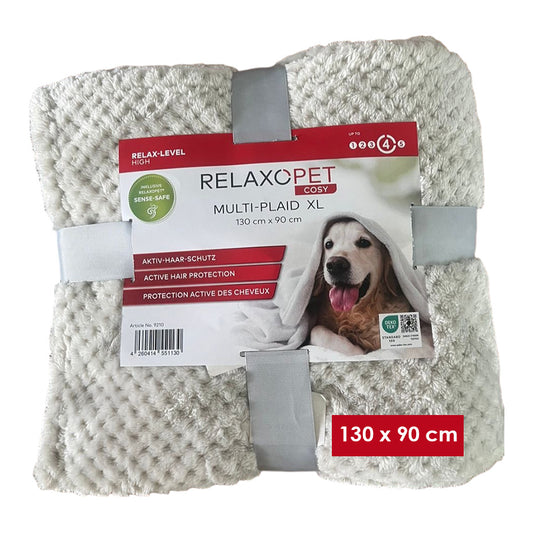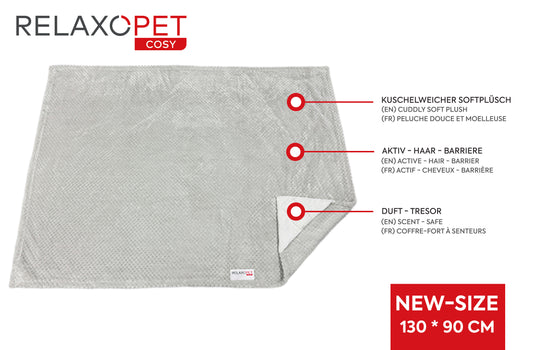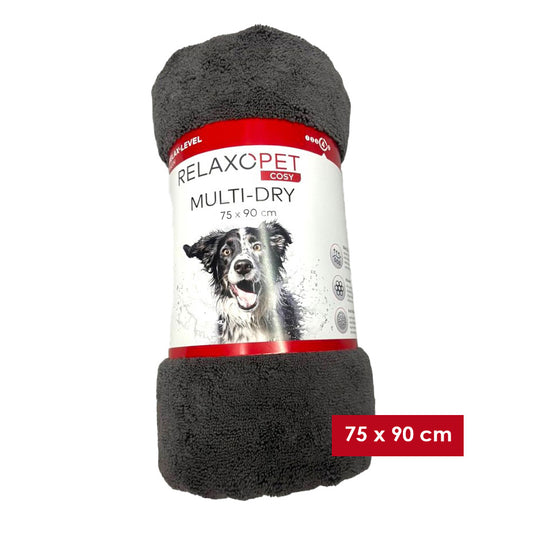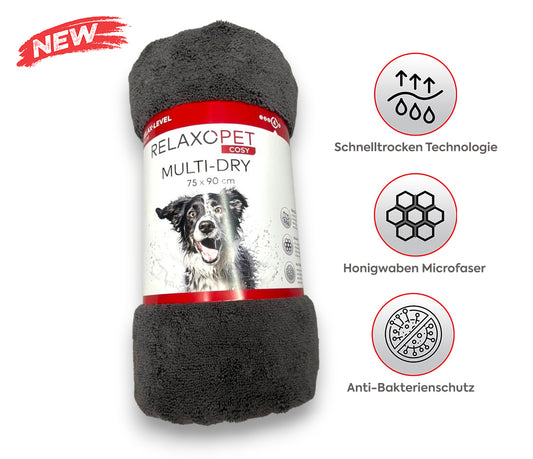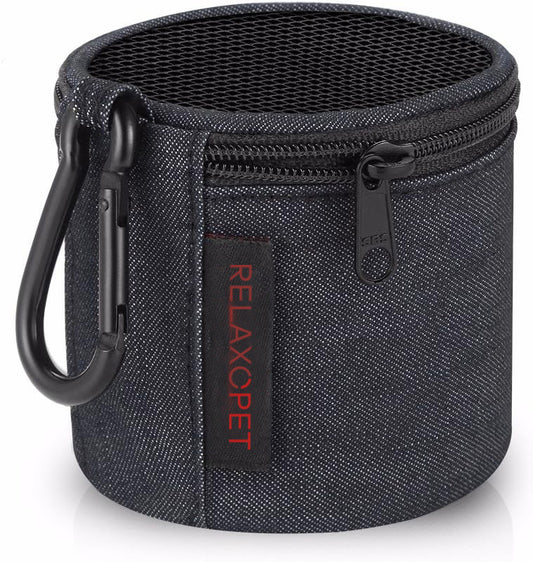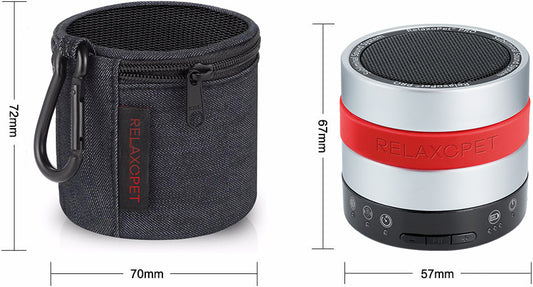
Healthy nutrition for dogs
Share
Healthy nutrition for dogs: recommendations, food brands, homemade treats and special diets
A balanced and healthy diet plays a crucial role in your dog's well-being and health. In this blog post, we'll discuss healthy dog food options, recommended food brands, recipes for homemade treats, and special diets for specific health conditions.
-
Healthy Dietary Options for Dogs: A healthy diet for dogs consists of high-quality dog food that contains all the necessary nutrients. Here are some key recommendations:
-
Protein: Dogs need high-quality animal protein. Choose food that contains meat or fish as the main ingredient. Poultry, beef, lamb, and fish are good sources of protein.
-
Carbohydrates: Choose carbohydrates from whole grain sources such as brown rice, oats, or potatoes. Avoid foods with too many grains and low-quality carbohydrate sources such as corn or wheat.
-
Vegetables and fruits: Supplement your dog's diet with healthy vegetables and fruits such as carrots, sweet potatoes, apples, or blueberries. They provide important vitamins, minerals, and fiber.
-
Healthy fats: Adding healthy fats like salmon oil or coconut oil can promote skin and coat health. However, be sure to use the right amount to avoid overfeeding.
-
-
Recommended food brands: There are a variety of food brands on the market, but not all of them are of equal quality.
-
Recipes for homemade treats: Making homemade treats allows you to maintain control over the ingredients and offer your dog healthy snacks. Here are two easy recipes:
-
Oatmeal Banana Treats: Mix oatmeal, mashed banana, and a little peanut butter. Form into small balls and bake in the oven until firm.
-
Sweet Potato Chips: Thinly slice sweet potatoes and bake them in the oven until crispy. You can also add a pinch of cinnamon for a different flavor.
-
-
Special diets for specific health conditions: Sometimes dogs require special diets to support certain health conditions. Here are some examples:
-
Weight management: If your dog is overweight, a diet with reduced fat and calories can help. Your veterinarian can help you choose a suitable diet.
-
Allergies or food intolerances: In such cases, a hypoallergenic diet may be required that excludes certain allergenic ingredients, such as grains or certain types of meat.
-
Sensitive stomach: Dogs with sensitive stomachs can benefit from an easily digestible diet that contains gentle ingredients such as chicken and rice.
-
Kidney or liver disease: In such cases, a special diet may be required to address nutritional needs and reduce pressure on the affected organs.
-
It is important to note that special diets for health conditions should always be done in consultation with a veterinarian to ensure that the diet meets your dog's specific needs.
Final words: Nutrition is a crucial factor in your dog's health. A balanced diet with high-quality dog food, supplemented with healthy treats and, if necessary, special diets, can help ensure your dog lives a healthy, active, and happy life. Always consult your veterinarian for specific dietary recommendations for your dog and to ensure all individual needs and health conditions are taken into account.

